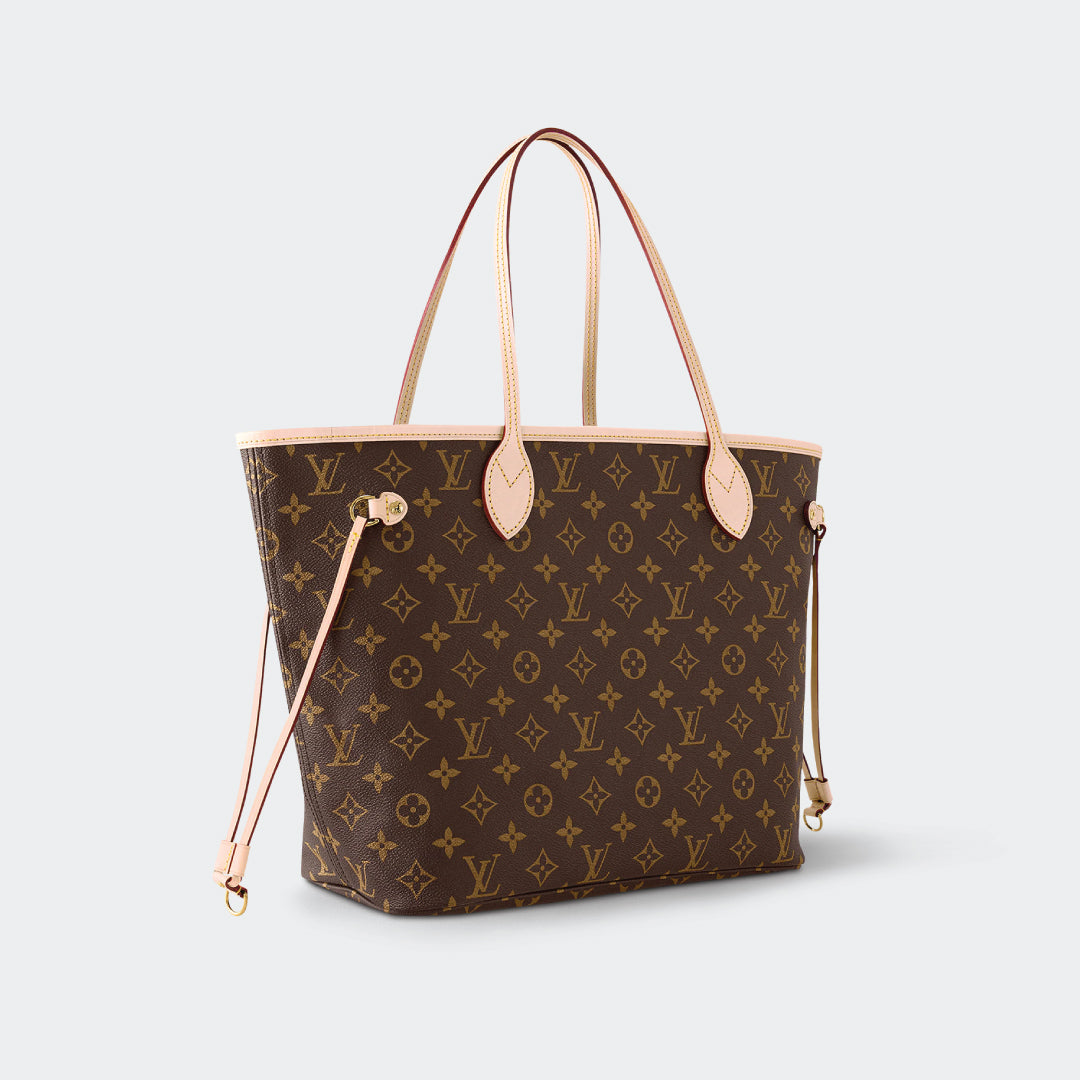Does Louis Vuitton Really Burn Unsold Bags? Unpacking the Controversy
MAY 29, 2024
Louis Vuitton, a name synonymous with luxury fashion since the mid-19th century, is frequently in the spotlight for its lavish designs and esteemed reputation. Despite this, persistent rumors surround the brand's handling of unsold merchandise, especially its bags. One particularly controversial claim suggests that Louis Vuitton burns its unsold bags to maintain exclusivity. In this article, we will delve into the veracity of these allegations and their implications for both the brand and the wider fashion industry.
The Rumor
The rumor that Louis Vuitton destroys unsold bags is fueled by the brand's need to maintain its exclusivity. The theory suggests that by disposing of unsold items, Louis Vuitton prevents them from being sold at discounted prices, thus upholding their high value and discouraging counterfeiters. This practice is believed to safeguard the brand's prestige and guarantee that all products are sold at full price.
Louis Vuitton’s Official Stance
Louis Vuitton denies these claims and states that the brand does not burn unsold products. Instead, they assert that unsold items are responsibly managed through recycling and repurposing efforts. The company has emphasized its commitment to sustainability by aiming to reduce its environmental impact through material reuse and waste minimization.

Environmental and Ethical Concerns
The fashion industry is facing growing scrutiny for its wasteful practices, despite denials. The environmental impact of burning unsold goods cannot be ignored, as it significantly contributes to pollution and climate change. Critics argue that these practices are both environmentally damaging and ethically questionable, particularly when there are viable alternatives such as recycling or donating unsold items.
Regulatory Responses
In response to these concerns, some governments are taking action to reduce the destruction of unsold goods. For instance, France has implemented regulations prohibiting luxury brands from destroying unsold products. This initiative is a part of a larger push for sustainability and waste reduction in the fashion industry, encouraging brands to embrace more eco-friendly practices.
Sustainability Efforts by Louis Vuitton
Louis Vuitton has made significant strides in sustainability by setting a goal to reduce its CO2 emissions by 55% by 2030. The brand claims to recycle or reuse a substantial portion of its materials, including 93% of its event and window displays. Additionally, Louis Vuitton has launched programs for collecting and recycling old products while using sustainable materials such as organic cotton and recycled polyester in new items.
The Truth About Burning Unsold Bags
Luxury brands may choose to destroy unsold merchandise in order to protect their image and adhere to tax regulations. The specific extent to which Louis Vuitton engages in this practice is not clear. Burning unsold goods can enable brands to seek tax refunds on import duties, a process referred to as "duty drawback" in the United States. However, many luxury brands are now considering more sustainable options such as donation and recycling.
Alternatives to Burning Unsold Merchandise
There are several alternatives to destroying unsold luxury goods. Donating unsold items to charities, such as Dress for Success or Goodwill, can help those in need and prevent waste. Recycling materials from unsold bags to create new products is another sustainable option. Some brands, like Burberry and Gucci, have pledged to stop burning unsold products and instead focus on reusing, repairing, or donating them.
Final Thoughts
The controversy surrounding Louis Vuitton’s alleged practice of burning unsold bags highlights the tension between maintaining luxury exclusivity and adopting sustainable practices. While the brand denies these allegations, the broader fashion industry is increasingly being called to account for its environmental impact.
As consumers become more environmentally conscious, luxury brands must navigate the challenge of maintaining their prestigious image while embracing sustainability. Greater transparency and commitment to sustainable practices are crucial for the future of luxury fashion.
In the evolving landscape of fashion, the way brands like Louis Vuitton handle their unsold merchandise will continue to be a topic of significant interest and debate

